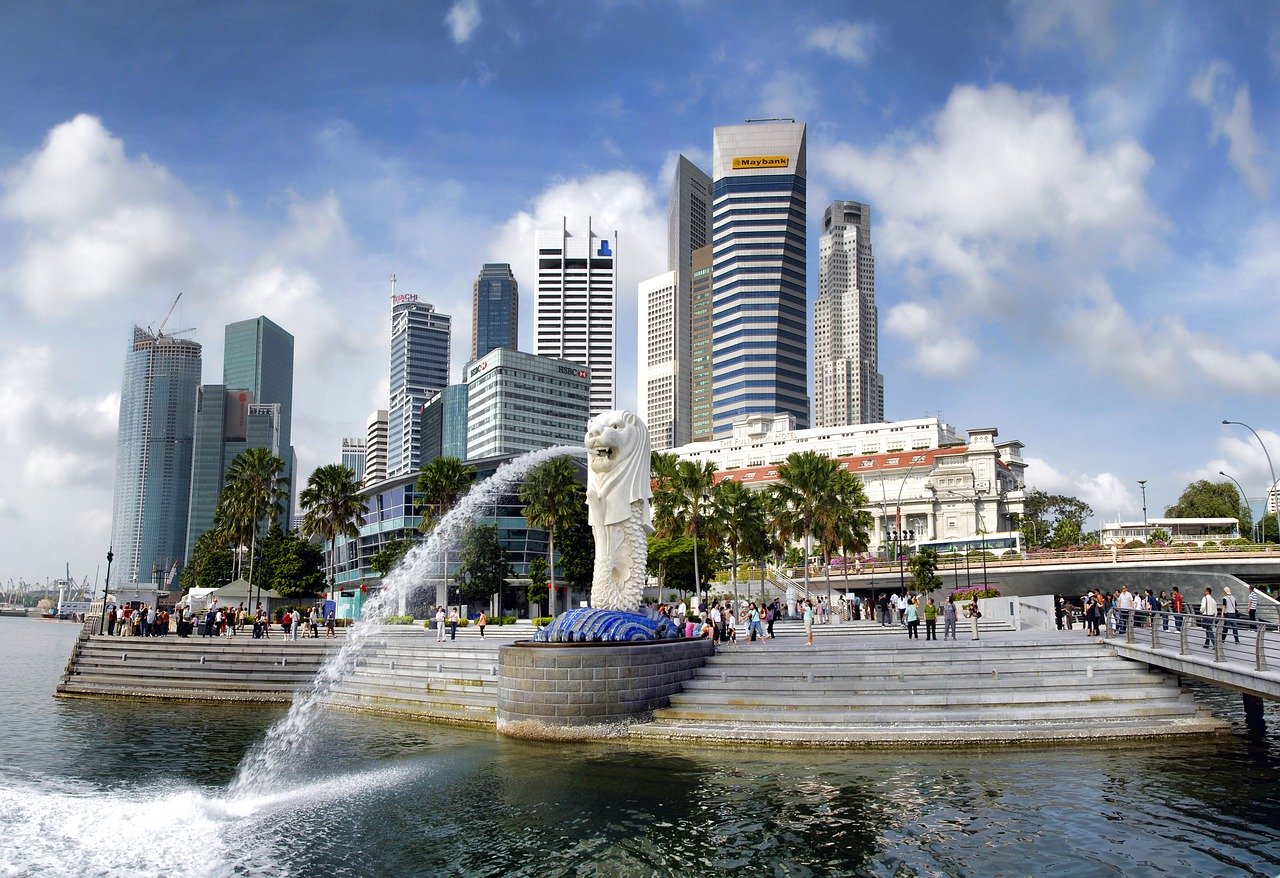
Singapore retailers are not hopeful that business will be back to normal, according to Rose Tong, executive director of Singapore Retailers Association.
Singapore relaxed its restrictions on Friday and gradually reopened its economy. Business activities had to be stopped to curb the spread of the coronavirus. However, Tong's association believes retailers are not hopeful the reopening would save their already struggling businesses.
The actions made to contain the coronavirus have severely damaged the Southeast Asian economy. Singapore’s economy is predicted to drop between 4% and 7% this year, based on the official forecast.
“Retailers are definitely facing significant financial stress during this period. Whether big or small, they’re actually finding it really difficult to meet their financial obligations,” Tong said.
“They’re not very hopeful that business will be business as usual ... even after the first two weeks of euphoria shopping, or what we call revenge shopping,” she said.
She noted that some retailers think sales may fall by about 50% due to the withering economy.
Singapore remains one of the worst-hit countries in Asia by the coronavirus pandemic. The outbreak infected 41,000 individuals as of Thursday, according to the health ministry. Meanwhile, official data showed that more than 90% of those cases were traced to migrant workers living in dormitories. The migrants are mostly men from other countries in Asia who are earning low wages.
The number of cases outside the dormitories declined, and this allowed Singapore to reopen its economy starting June 2. They underwent two months of partial lockdown called a “circuit breaker.” The further relaxing of restrictions on Friday allows more businesses to resume operations while observing precautionary measures, including shopping at physical retail stores and eating out.
Economic recovery
The lifting of coronavirus restrictions came earlier than expected. However, this could help the economy of Singapore recover, said Selena Ling, head of treasury research and strategy at Singaporean bank OCBC.
“We could actually see some pent-up demand and retail sales could snap back a little bit in June,” she said during an interview with CNBC’s “Capital Connection” on Friday.
“But I would caution that this is probably going to be a fairly muted recovery from now. The litmus test really would be probably two weeks later when we see whether there is any pick up in terms of Covid-19 cases coming back again,” she said, referring to the name of the coronavirus disease.
Ling pointed out that China’s experience revealed that a new outbreak could sweep away any recovery in consumer demand. Moreover, she said current indicators show that the Singapore economy passed its trough in April.
Such strategies as well as government spending could aid Singapore’s economy to experience a less severe contraction of 5% this year, said Ling.
The government revealed four stimulus packages worth close to 100 billion Singapore dollars ($71.8 billion) or nearly 20% of gross domestic product.
One of the most thriving industries today in Singapore is online shopping.
Since the city-state imposed movement restrictions to curb the spread of the coronavirus, the Alibaba-owned company experienced a rise in the sales of its online supermarket delivery business called RedMart.
Lazada, which acquired RedMart in November 2016, currently caters to around 65 million active consumers on its platforms across six different markets in Southeast Asia.
James Chang, chief executive officer of Lazada Singapore, reported that RedMart’s unique visitors on daily have jumped more than 11 times.






